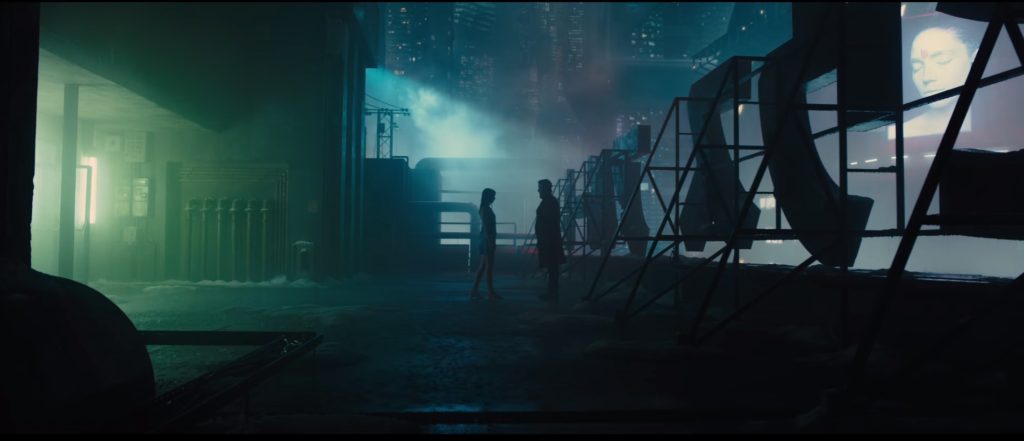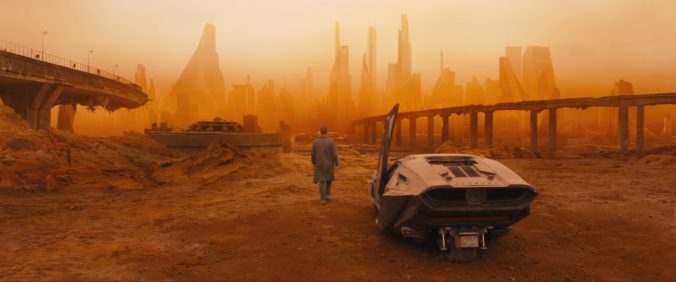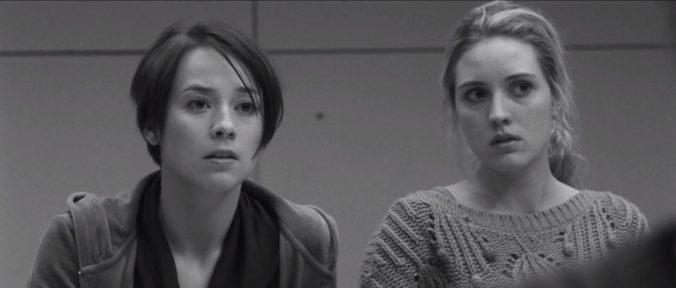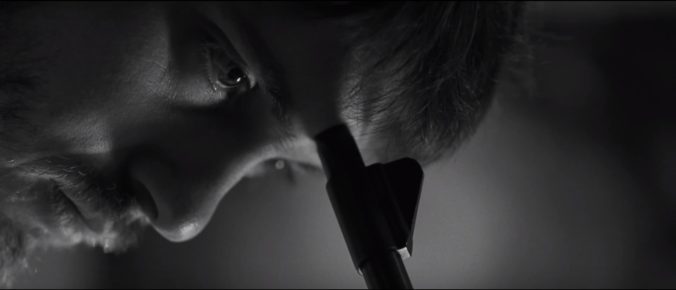If you missed any of our series on Denis Villeneuve, you can find links to all of our podcasts and writings in this post.
Without further ado:
Podcast Episodes
1) Director Deliberations (52:39)
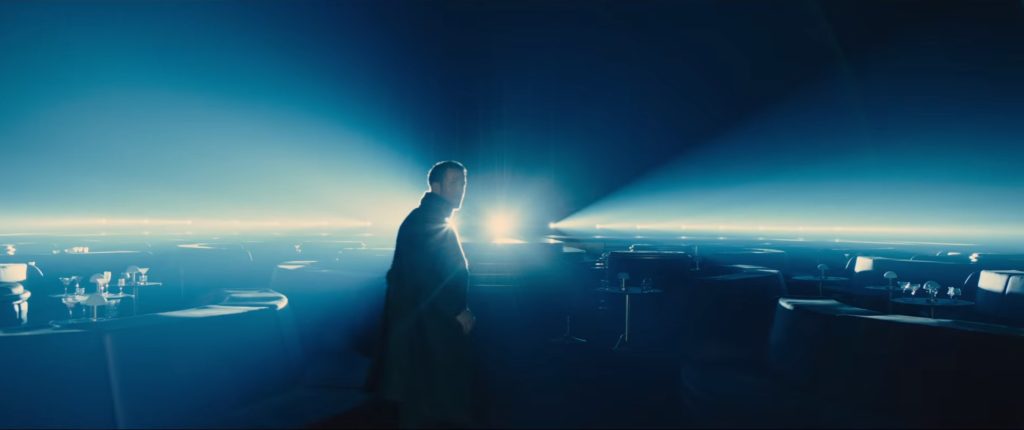
2) August 32nd On Earth (38:55)
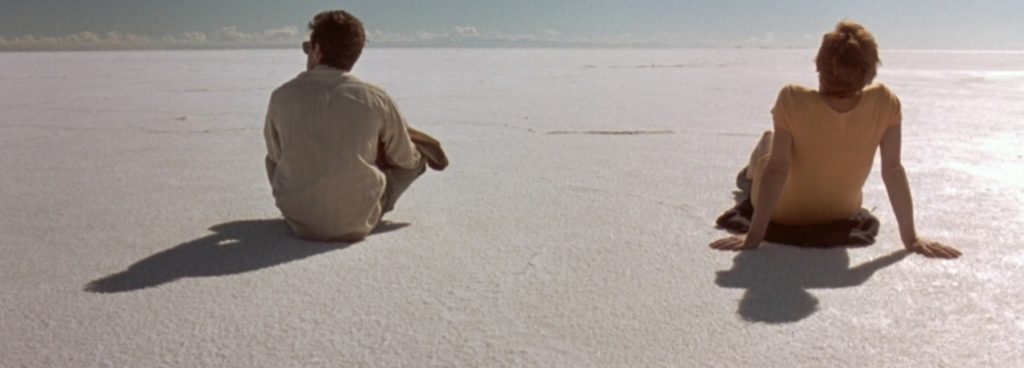
3) Maelstrom (27:13)
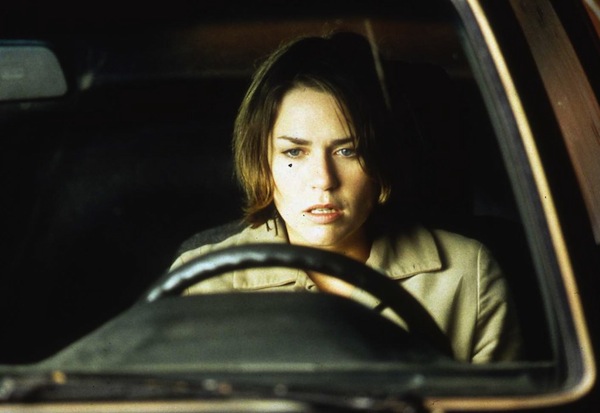
4) Polytechnique (44:22)
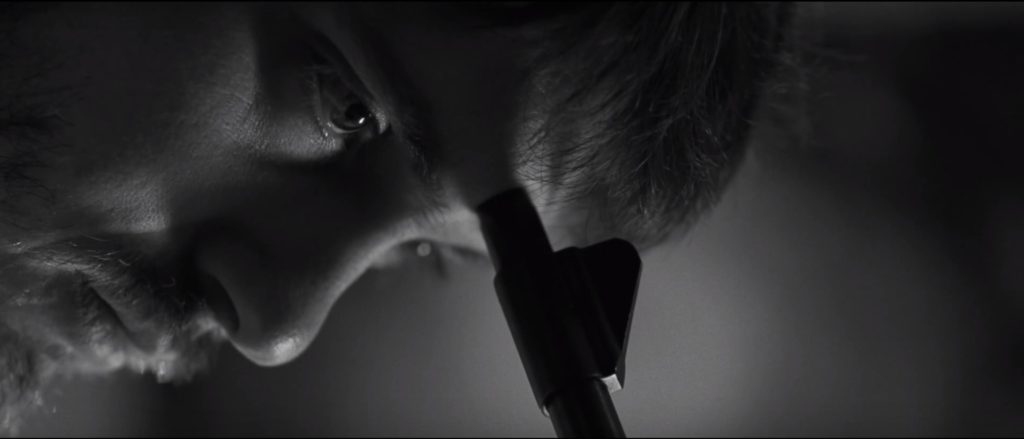
5) Incendies (42:24)
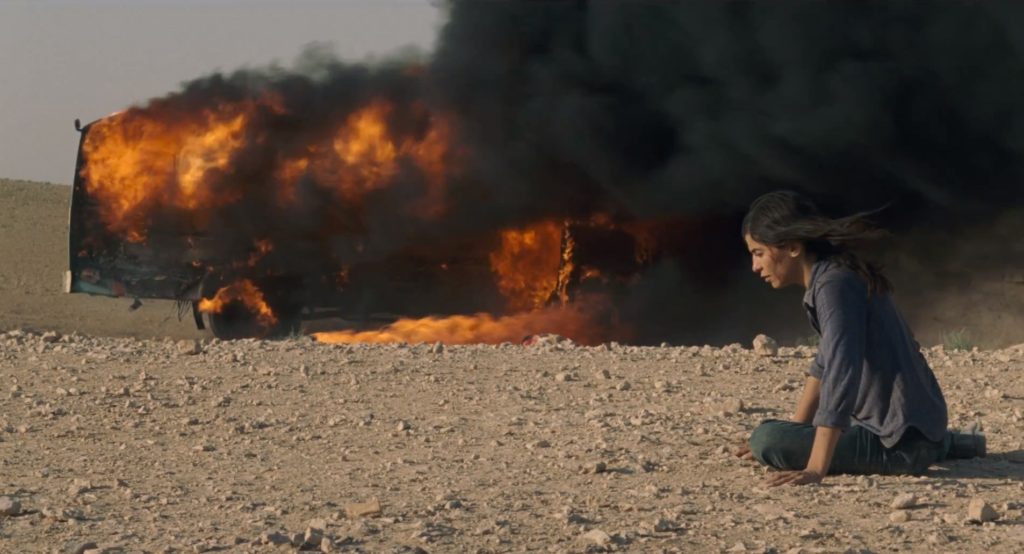
6) Prisoners (54:06)
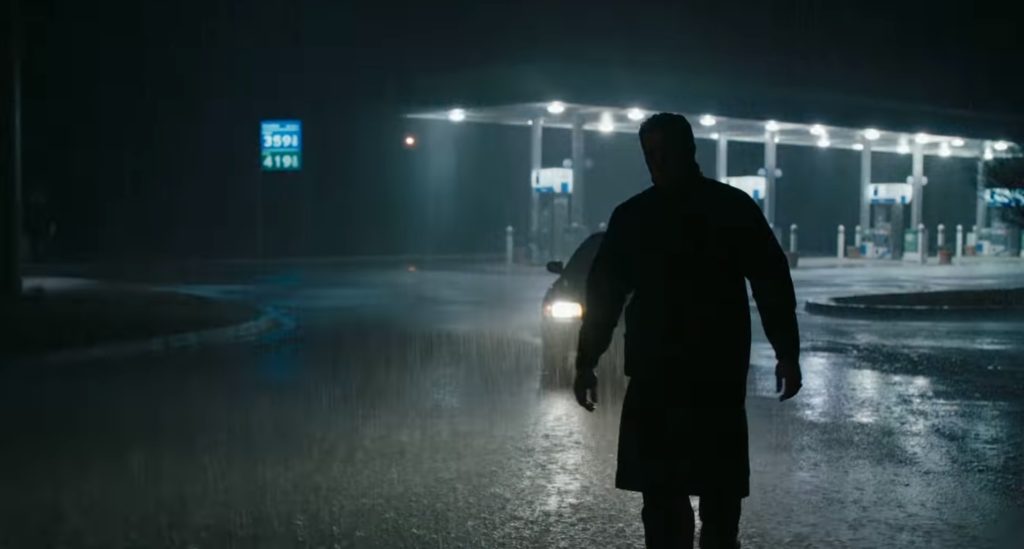
7) Enemy (52:50)
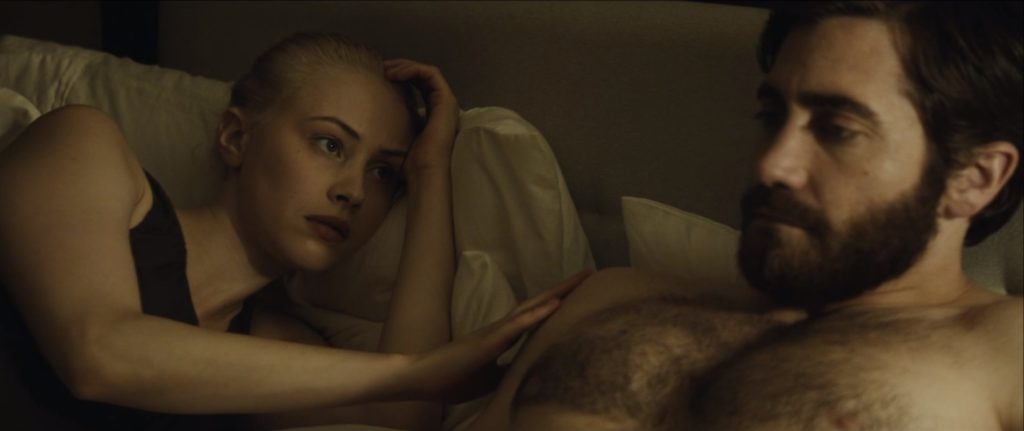
8) Sicario (49:55)
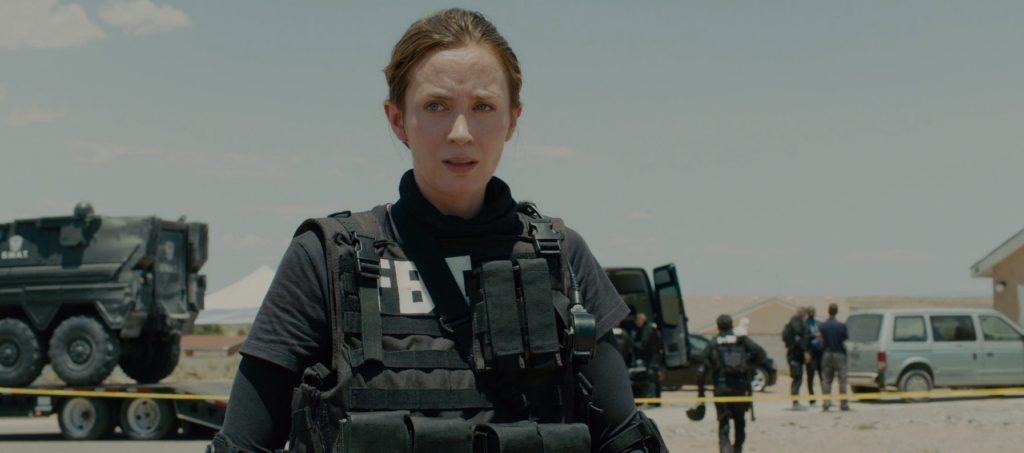
9) Arrival (1:02:35)
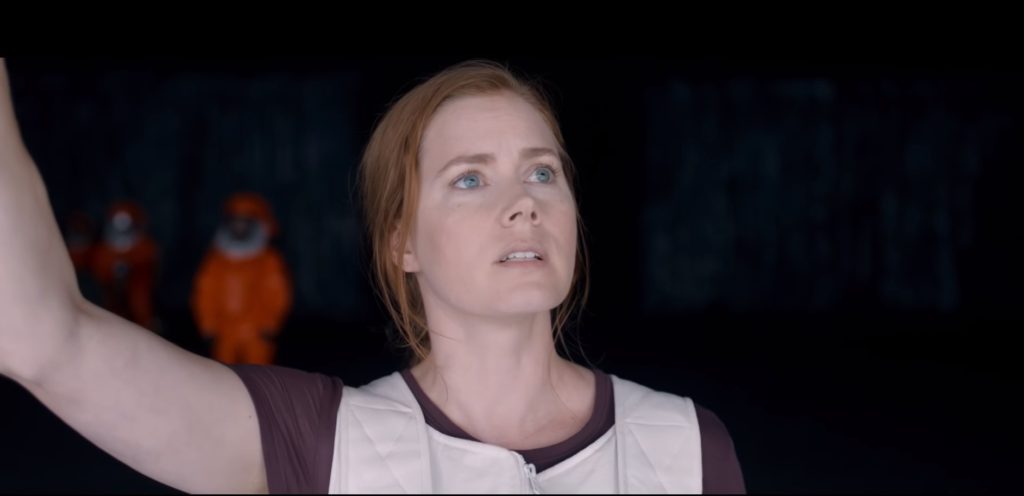
10) Bonus: Blade Runner (30:06)
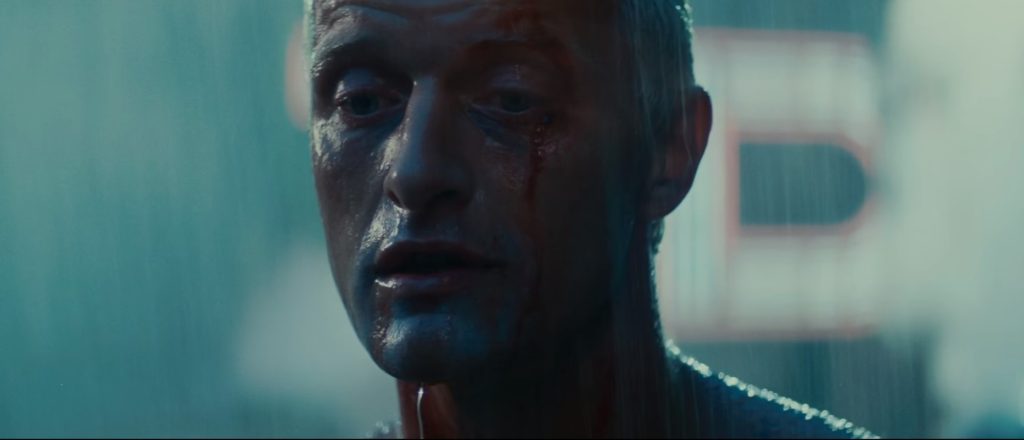
11) Blade Runner 2049 (1:01:02)
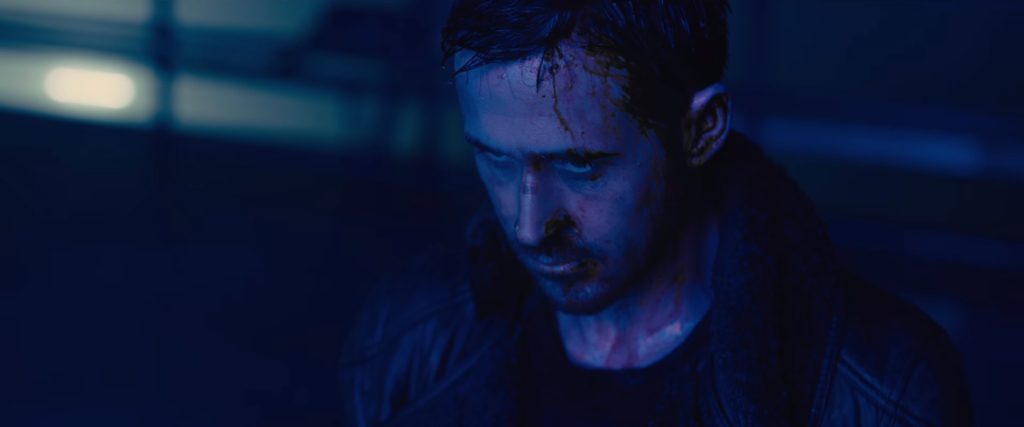
Fireside Chats
Taylor: I’ve never seen a premise quite like this before. Does this happen often? Have any of your friends ever approached you asking to help them conceive a child in the desert? Would you do this for any of your friends?
Sam: The short answer is yes, of course I would take my friend to the desert to impregnate her. But only if we were married … (Keep reading here…)
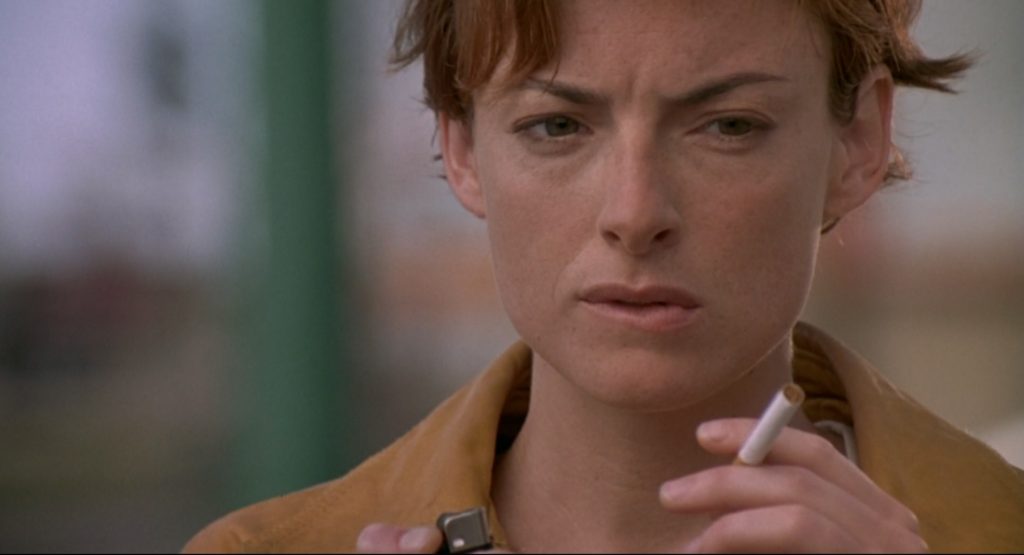
2) Maelstrom
Taylor: Um, Sam? This movie was in French. I don’t speak French.
Sam: I speak French just fine, but remember, Taylor, this movie is French-Canadian. And in that field I can only speculate. (Keep reading here…)
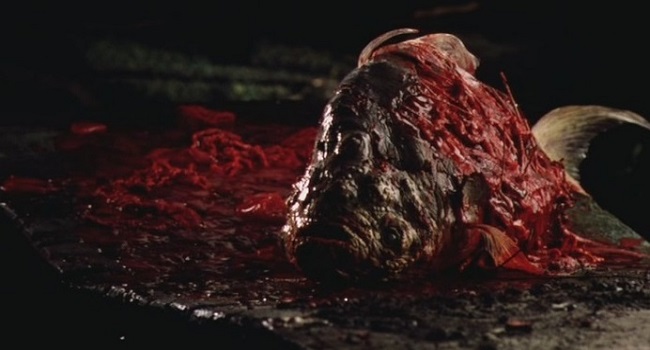
Taylor: I felt like I was witnessing something impossible, the act of witnessing it ensuring that I couldn’t deny what was happening right in front of me. A contradiction that I can’t justify but won’t back down from. It was surreal. I don’t think I’ve ever been so compelled and disturbed and haunted by a movie all at once.
Sam: “Polytechnique” is one of those movies – “Schindler’s List,” “Manchester by the Sea,” Villeneuve’s own “Prisoners” – that gladly asks you to pay money to get punched in the throat. It hurts to watch this movie. It’s gut-wrenching and brutal and the longest 80-minute movie I’ve ever seen.
I loved it. (Keep reading here…)
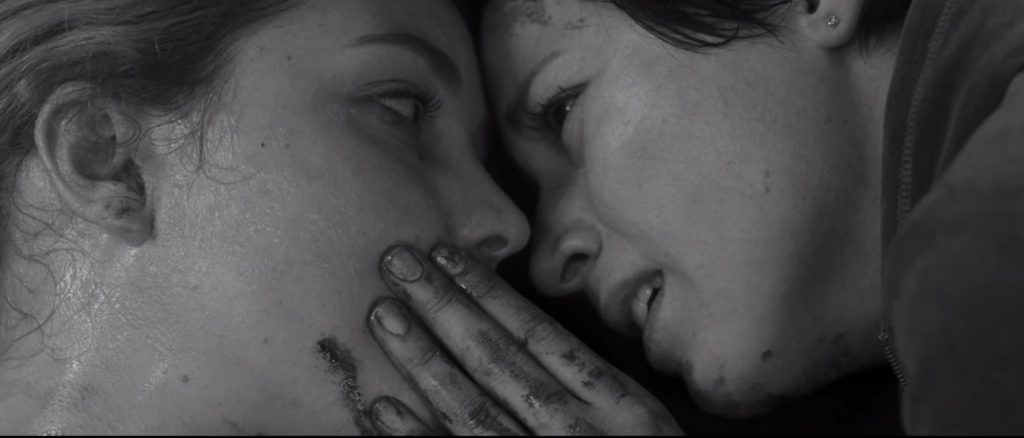
4) Incendies
Sam: It represents what he thinks about what he’s portraying. He believes, I think, that the world is dark and terrible, but not without hope, love and people fighting break cycles of anger and the systems that oppress them. Or, I don’t know, maybe he’s just into incest.
Taylor: I think this is a really good point. He often presents worlds that make no sense, that would make anyone question their existence and purpose and whether anything really matters. By the end, though, nearly without fail, he presents them with a way forward. A way to keep going. It may not be definitive or solve everything (or anything!), but it shows some optimism. And that gives me some hope, too. (Keep reading here…)
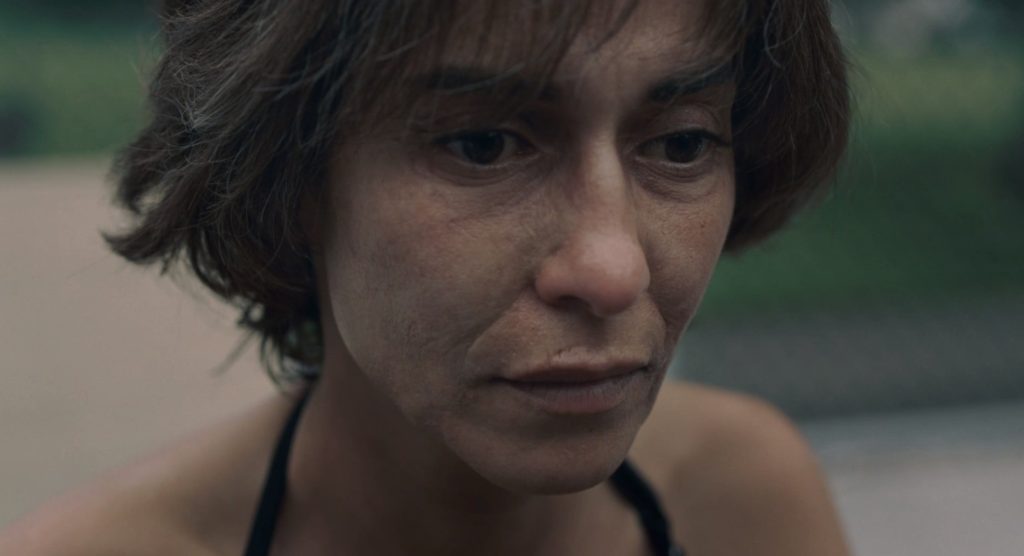
5) Prisoners
Taylor: This is such an obnoxiously bad opinion that I don’t even know where to start. Maybe he just wanted people to think, “Wow, what a bold take! He must know something I don’t!” If I was younger, I might have fallen for this, but facts are facts. If you think “Prisoners” is Denis’ seventh-best movie, you should not be allowed into the theater for “Blade Runner 2049.”
Sam: If Melissa Leo and her whack-ass husband kidnapped me, pumped me with some psychedelic Welch’s grape juice, put me in a basement, and said, “Here you go, finish this book of puzzles and you can go home,” and the last page said, “Explain how ‘Prisoners’ is Denis’ seventh-best movie,” I’d happily rot under that 1972 Chevy Vega.
And that’s really what “Prisoners” is about, isn’t it? (Keep reading here…)
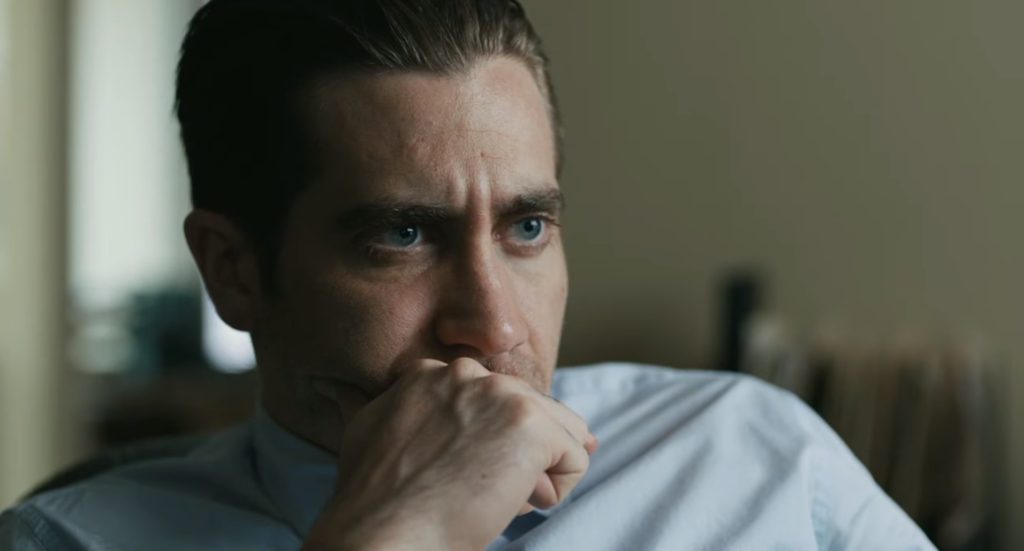
6) Enemy
Sam: …let’s try on a couple:
- Spider Number One: The spider on the plate. At the beginning of the movie, Actor Gyllenhaal goes to the strangest speakeasy in Toronto, in which women step on spiders served on stainless-steel, beautifully-crafted serving dishes. If this isn’t symbolic of the existential threat posed by women taking over the culinary industry, I don’t know what is.
- Spider Number Two: The spider with long legs walking slowly over the city, careful not to step on any of the sharp buildings. This is clearly Denis’ ode to waking up in the middle of the night and gingerly walking to the bathroom when you can’t see what’s on the floor.
What spiders am I missing?
Taylor: You left out a hugely important spider.
Wife Spider. (Keep reading here…)
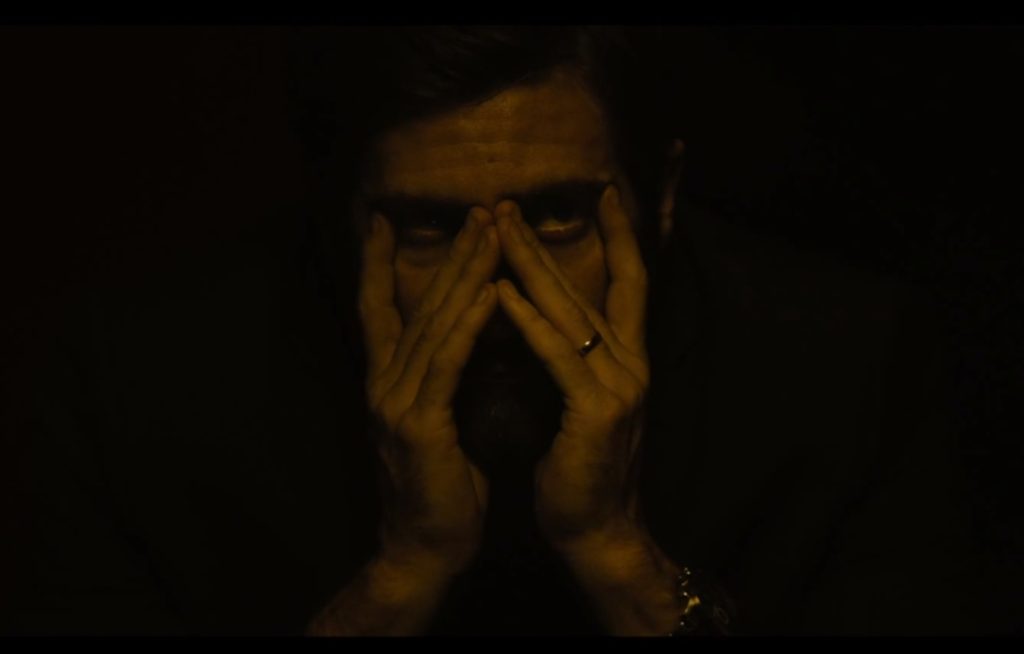
7) Sicario
You won’t believe who we got to write this one for us. Go read it.
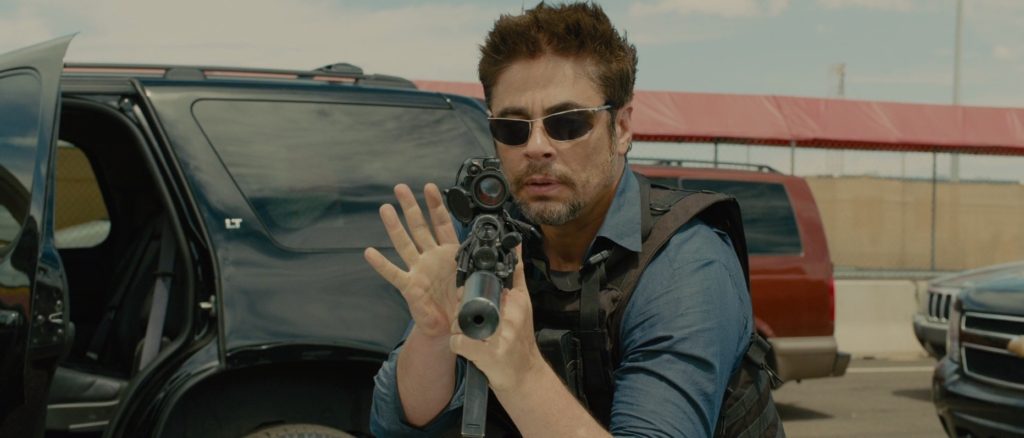
8) Arrival
Taylor: Tell me I’m wrong.
Sam: You’re wrong.
Taylor: Okay. Good talk.
Sam: No, listen. Renner is…(Keep reading here…)
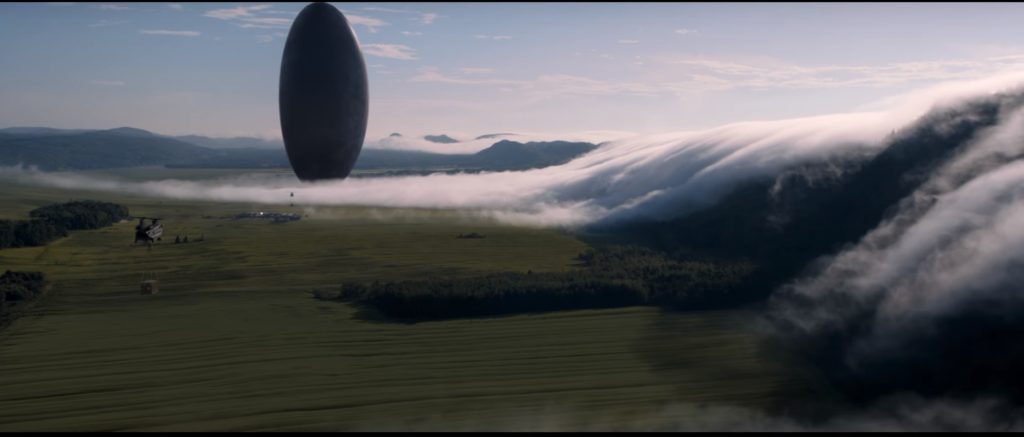
Taylor: Your well-founded concerns about the LAPD looking the other way on serious child labor crimes while also sending officers to other states notwithstanding (though, trust me, I also find this deeply concerning), I think it’s time we get to the nitty-gritty: Tell me your thoughts on Jared Leto, and give me your guess for what planet his character is from in this movie.
*dives into bunker, covers ears*
Sam: I don’t want to guess irresponsibly about the behind-the-scenes decisions that led to casting Leto as the titular villain (maybe Denis was trying to impress his 14-year-old stepdaughter?), so I won’t get into the why on Earth was this decision made discussion but will try to only discuss his on-field performance.
I’ll start by trying to answer your question: I have no idea what planet Wallace is from, but I’m guessing it’s a world a lot like Earth except that it is inhabited by blind humanoids who are deeply philosophical, malicious, and don’t read scripts. Leto for sure showed up on set without having seen the original “Blade Runner” or having read anything but his own lines.
He definitely thinks…(Keep reading here…)
